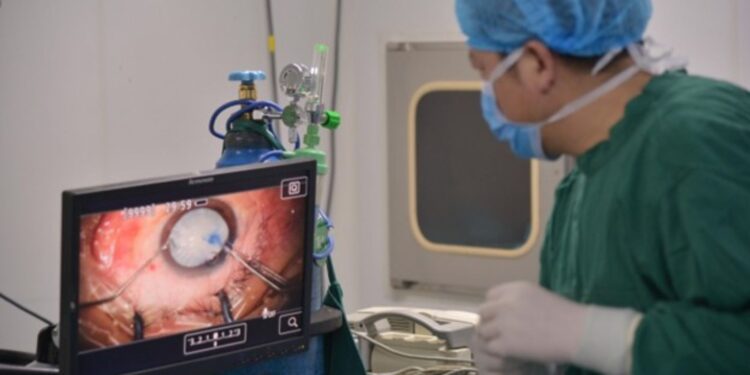Surgery is never routine for the person lying on the table. Even when everything goes “by the book,” there’s risk. But when a surgeon slips or a team makes a bad call, the consequences can follow someone forever. One of the most common—and devastating—outcomes? Nerve damage.
The thing about nerve injuries is that they do not always show up right away. Sometimes it takes days. Sometimes weeks. Pain, weakness, loss of function. It’s scary. And when it happens after surgery, the first question isn’t always “what’s wrong?” It’s “who’s responsible?”
You may notice signs and symptoms of nerve damage like numbness, tingling, or even paralysis. These aren’t small side effects. They can reshape a life, interfere with work, and create an ongoing need for therapy or medication. When something that serious happens during surgery, liability needs to be clear—and fast. Not just for answers, but for accountability.
How Nerve Damage Happens During Surgery?
It is not always about cutting the wrong thing. Sometimes it’s about positioning. Pressure on a nerve. Stretching or pinching that lasts too long. Anesthesia can play a role too. The damage might come from the incision itself or from what happens during the prep.
It is important to note that certain procedures carry a higher risk for nerve injuries, especially those involving the spine, brain, or peripheral nerves.
What makes it worse is that not every injury is obvious during surgery. A person might wake up with severe pain and not know why. Or they may not realize the connection until the nerve damage becomes permanent.

When Is It Malpractice?
Not every surgical injury counts as malpractice. That is what makes these cases hard. The law looks at what a “reasonably skilled” doctor would’ve done under the same circumstances. If your doctor followed all procedures and the injury still happened, that’s bad luck. But if they missed something—failed to monitor your vitals, used faulty equipment, or didn’t catch signs of a problem in time—that could be negligence.
Always remember that surgical errors remain a leading cause of malpractice claims, especially those involving preventable injuries like nerve damage.
Why Personal Injury Lawyers Matter?
Medical teams have legal backup. It is important that you should too. A professional and experienced personal injury lawyer steps in to ask the questions doctors and hospitals avoid. They track down records. Talk to medical experts. Build a case that shows how the injury happened and why it shouldn’t have.
Without a lawyer, most people don’t stand a chance. Hospitals have insurance companies and lawyers whose job is to protect them. Your job is to heal. A lawyer’s job is to make sure you’re not left holding the bag.
What a Lawyer Will Look For?
A strong personal injury lawyer doesn’t just look at your injury. They dig through every detail. Was the surgical team properly trained? Were there known risks that the doctor didn’t explain? Did something go wrong that the hospital tried to cover up?
They’ll bring in specialists to analyze nerve function tests. They’ll interview surgical staff. They’ll look for gaps in the timeline that suggest something was missed, or worse, hidden.
What You Can Do Now?
If you suspect nerve damage from a surgery, don’t wait. Get a second opinion from another medical provider. Request all your records. Document your symptoms. Then reach out to a medical malpractice lawyer for surgical errors who can help you understand your rights and pursue fair compensation.
You may be dealing with pain every day, missed work, and a long rehab process. But you don’t have to take that hit alone. There’s a legal path for accountability—and it starts with asking the right people for help.












